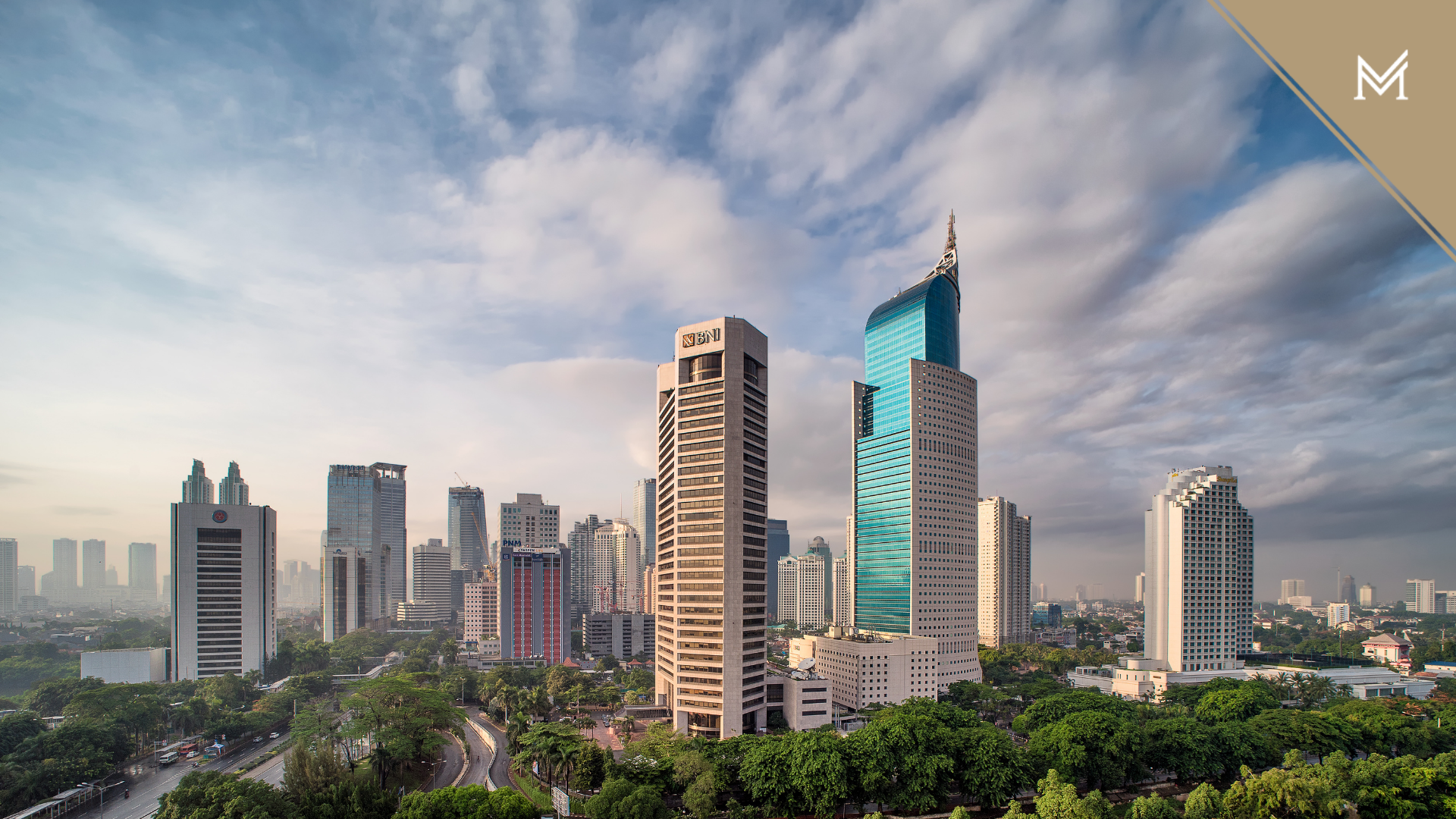
Back in April 2018, Indonesia’s Ministry of Industry announced a hugely ambitious plan. “Making Indonesia 4.0” was a roadmap to get the country to a very specific destination – to become one of the world’s ten largest economies by 2030. And the way to achieve this? Strategic upgrades to five core industries (F&B, textile and garment, chemicals, electronics, automotive), through the application of advanced technologies including robotics, IoT and AI.
Three and a half years later, how are things looking? A bit behind where the architects of that plan would have hoped, no doubt, but then who could have factored in Covid-19 and its consequences for the global economy?
Not so many years before, Indonesia had been one of the worst-hit countries during the 1997 Asian economic crisis, but 10 years of strong growth followed (more than 5.7% per year). Then, with its huge domestic market and relatively low exports/GDP ratio, Indonesia suffered less during global financial crisis of 2008 than its neighbours Singapore, Malaysia and Thailand. Covid was responsible for a 2.1% contraction during 2020, but this was less bad than experienced by Singapore (-5.4%) and Malaysia (-5.6%). Indonesia saw record-soon, if indeed it hasn’t already.
Amidst all of this turmoil, according to the latest figures (2020), Indonesia remains the world’s 16th largest economy – the same position in the rankings as in 2018. Will she realise the dream of Making Indonesia 4.0 by 2030?
Technology transfer vital
One of the keys to this self-consciously technical/industrial strategy is undoubtably technology transfer – including the procurement of leading-edge manufacturing and production equipment from overseas, equipment that can bring new efficiencies and enhancements to Indonesia’s production lines in those five designated areas - food, textiles, electronics and the rest.
No wonder then, that machinery should make up such a large part of, say, Germany’s exports to Indonesia (USD900 million in 2018, when the initiative was launched - a quarter of all German exports to the archipelago, and 10% up on the previous year). Indonesia simply doesn’t produce the high-tech machines that its manufacturers (and government) want – and that’s not likely to change, with only 0.23% of GDP being invested in R&D, compared to 4.8% Korea, for instance (World Bank latest figures, 2018).
So, for the foreseeable future, Indonesia will continue to look beyond her own shores for advanced production machinery, as she seeks to increase manufacturing’s share of GDP from one fifth to one quarter. And that means great opportunities the leading, most agile, producers of that machinery, wherever they are in the world.
Melchers in Indonesia
Melchers operates through its local partner PT Melindo Dipta, established in 1981 in Jakarta specifically to handle and develop Melchers operations, and the business of Melcher’s international client companies, in Indonesia. With offices in Jakarta and Surabaya, PT Melindo Dipta is a strong partner for the distribution of a wide range of machinery products and after-sales service within Indonesia.
Contact us: contact@melchers.de